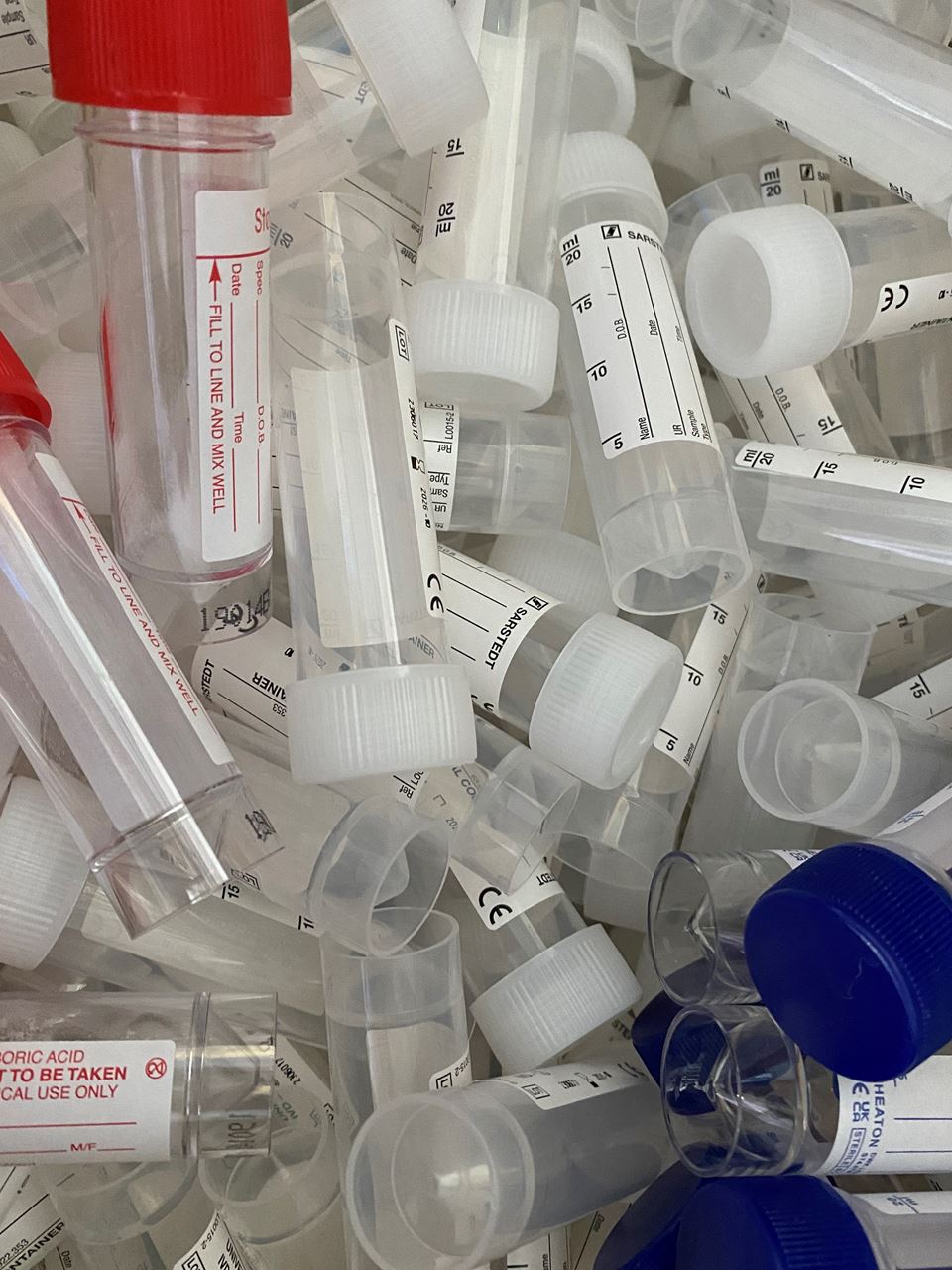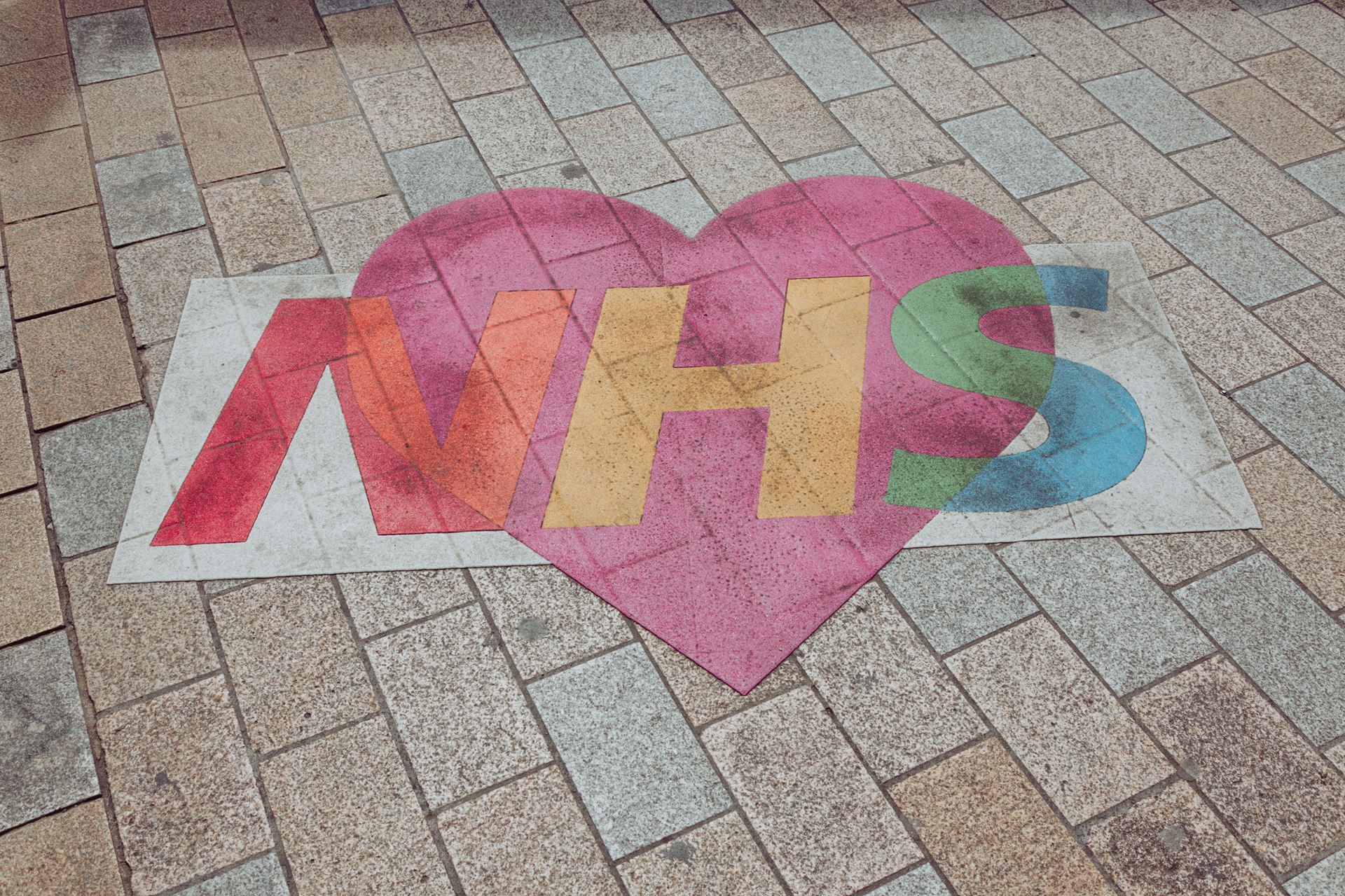Test Results
Results Of Tests And Investigations
We will contact you by telephone, text, or by letter, only if a result is abnormal and you require treatment or further investigations. You will not be contacted if your result is normal.
If you wish to enquire about the results of your tests please telephone the surgery on 537 4407. The administrative staff will only read the comments as per the clinician who has reviewed your results. Due to our confidentiality policy we can only give results direct to the patient who has had the tests unless we have written authorisation from them stating the name of their representative to whom we can give the results.
If your test has been carried out at a clinic or hospital please call the clinic or hospital for the result, as we cannot action tests which have been requested by other clinicians outwith the practice. If the consultant’s secretary or colleague inform you they will send the results to your GP, explain that you want the results from the specialist who arranged them who is in by far the best place to give appropriate advice.

Specimens
Occasionally a doctor or nurse may ask you to bring a sample to the surgery for testing. If you have not been provided with a sample bottle by the doctor or nurse, please ask at reception for one. If another container is used it may not be sterile and could contaminate the sample and you might have to re-submit your specimen.
All samples must be brought to the reception desk before 2pm on any working day. PLEASE DO NOT PLACE SAMPLES IN THE LETTERBOX. This is to ensure that the sample can be processed in time for the last lab van pickup. There are two lab collections per day, 10am and 2pm.
Samples received after 2pm may miss the lab van collection and you may be required to re-submit your specimen.
Blood Tests
A blood test is when a sample of blood is taken for testing in a laboratory. Blood tests have a wide range of uses and are one of the most common types of medical test. For example, a blood test can be used to:
- assess your general state of health
- confirm the presence of a bacterial or viral infection
- see how well certain organs, such as the liver and kidneys, are functioning
A blood test usually involves the phlebotomist taking a blood sample from a blood vessel in your arm and the usual place for a sample is the inside of the elbow or wrist, where the veins are relatively close to the surface. Blood samples from children are most commonly taken from the back of the hand. The childs hand will be anaesthetised (numbed) with a special cream before the sample is taken.
You can find out more about blood tests, their purpose and the way they are performed on the NHS Inform website: NHS Inform Blood Tests
X-Rays
An X-ray is a widely used diagnostic test to examine the inside of the body. X-rays are a very effective way of detecting problems with bones, such as fractures. They can also often identify problems with soft tissue, such as pneumonia or breast cancer.
If you have an X-ray, you will be asked to lie on a table or stand against a surface so that the part of your body being X-rayed is between the X-ray tube and the photographic plate.
An X-ray is usually carried out by a radiographer, a healthcare professional who specialises in using imaging technology, such as X-rays and ultrasound scanners.
You can find out more about x-ray tests, how they are performed, their function and the risks by visiting the NHS Inform website: NHS Inform Scans & X-rays
Page created: 09 September 2021
